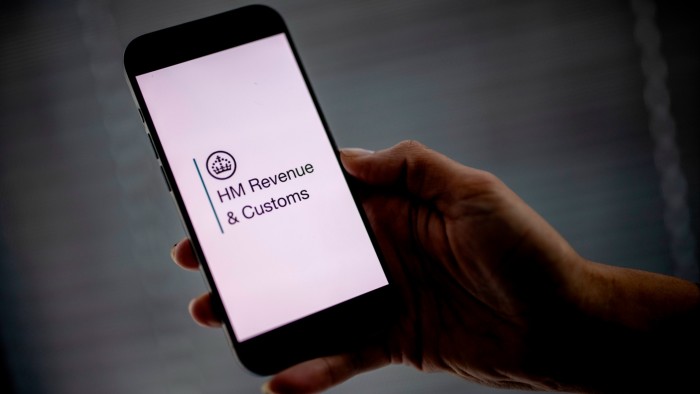Unlock the Editor’s Digest for free
Roula Khalaf, Editor of the FT, selects her favourite stories in this weekly newsletter.
Tens of thousands of people could face fines if they fail to tell HM Revenue & Customs they owe tax on savings interest — with higher interest rates meaning many more people may be caught out, experts have warned.
The personal savings allowance lets basic-rate taxpayers earn up to £1,000 in interest tax-free per financial year. For higher-rate taxpayers, the allowance falls to £500, while additional-rate taxpayers are not eligible for the allowance at all.
Saving interest rates on banks and building society accounts have climbed over the past three years, but the personal savings allowance has remained frozen since its introduction in 2016. The trend is part of a broader process of “fiscal drag”, with millions more people being dragged into higher tax bands due to rising earnings and frozen tax allowances and thresholds.
As a result, many more people are expected to have to pay tax on their savings, with recent government estimates stating an additional 893,000 taxpayers will have to pay tax on their savings by 2028-29.
“Interest rates were sustained throughout 2023-2024, so a lot more people are going to have been affected by this issue,” said Helen Thornley, technical officer at the Association of Taxation Technicians, a professional body.
HMRC, which receives information directly from banks and building societies on people’s savings interest, had said it would use this information to calculate any tax due and contact taxpayers directly.
However, the tax office last month reported that it is unable to match about one in five of all bank accounts to a taxpayer record. As a result, the ATT has urged anyone who might have interest tax to pay but did not receive a letter from HMRC by the end of March to contact HMRC immediately.
Thornley said there were “quite a few penalties that could build up” if individuals failed to report interest tax as soon as possible.
These include failure to notify penalties, late filing penalties, late payment penalties and late payment interest. HMRC’s late payment interest rate is currently 8.5 per cent.
Senga Prior, ATT president added: “HMRC is making it clear that responsibility passes back to the individual to get in touch to pay tax, so we urge anyone who thinks they may owe tax on their savings interest to contact HMRC as soon as they can.”
Strictly speaking, individuals are required to register for self-assessment to pay interest tax, the ATT told FT Money.
However, HMRC’s published guidance recommends individuals refrain from doing this. Instead it tells taxpayers to wait for HMRC to contact them with a tax calculation, which is based on data HMRC has received from banks and building societies.
“There are two problems with this — firstly there have been so many computations needed for 2023-24, that HMRC has only now finished issuing them, around five months after the [self-assessment] registration deadline. Secondly, HMRC’s matching process is not perfect,” said Prior.
Individuals can arrange to pay the tax directly to HMRC. If you’re employed or receiving a pension, HMRC can also change your tax code so you pay the tax automatically.
David Denton, head of technical at Quilter Cheviot, a wealth manager, said that while individuals could register for self-assessment to report their savings interest, it often made more sense to call HMRC directly.
However, he warned “it can be quite painful to phone them up” because HMRC phone lines were often “clogged”. Nevertheless, for people who only needed to report savings interest, it could be worth hanging on to report the tax this way, rather than having to go through the administrative burden of registering for self-assessment, Denton added.
HMRC said: “We want to help customers get their tax right, which is why we’ve been writing to people to inform them their savings will incur tax.”
“It’s an individual’s responsibility to ensure they pay the correct tax, and they should let us know as soon as possible if they believe they haven’t.”




